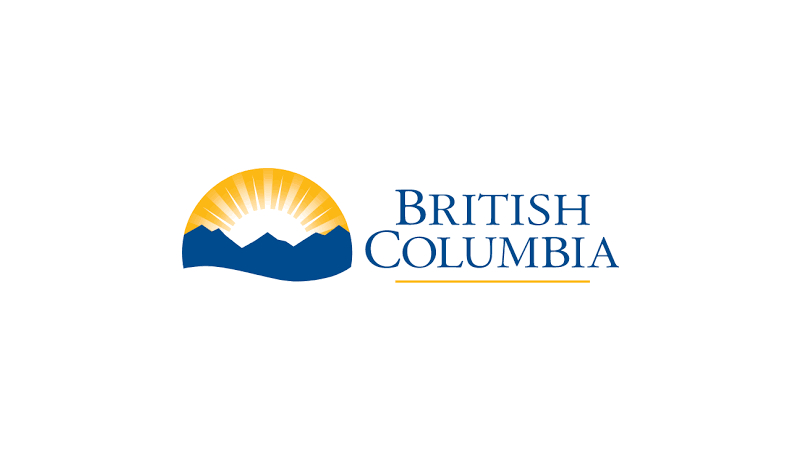Canada Invests Nearly $3 Million for a Renewable Energy Capacity-Building Program for Indigenous Communities in BC

December 12, 2022
Across the country, Canadians are feeling the impacts of climate change. By investing in renewable energy initiatives that support energy independence and economic development while lowering greenhouse gas (GHG) emissions, we can build a clean energy future that strengthens the economy, creates good, sustainable jobs and supports the natural resource sectors.
The federal governemnt announced nearly $3 million in funding from the Smart Renewables and Electrification Pathways program for Fraser Basin Council‘s Energy Peers in Indigenous Communities (EPIC) Network, a capacity-building program designed to encourage Indigenous leadership in the renewable energy and electrification sectors across British Columbia.
The EPIC Network will support a group of energy champions with a peer-to-peer cohort and peer mentorship approach to building and sharing knowledge, networking and engagement, skills development and training on renewable energy with Indigenous subject matter experts.
The Network will also provide capacity-building funds to Indigenous communities to advance their community energy goals related to renewable energy and electrification. Funding is available for eight communities to hire an energy champion and to build knowledge and skills related to small-scale (under 100kW) renewable energy projects in Indigenous on-grid communities in B.C.
Working with energy champions and Indigenous communities will generate socio-economic and environmental benefits related to the renewable energy sector for under-represented Indigenous communities in B.C., while addressing energy affordability, decarbonization and increasing Indigenous community leadership.
BC Hydro, New Relationship Trust and Fortis BC also contributed to this project, bringing the total investment to over $3.3 million.
This investment is yet another step in reaching Canada’s target of a net-zero grid by 2035. As with investments from clean energy to nature protection, today’s announcement is part of achieving Canada’s ambitious climate change goals to build a cleaner, healthier and affordable future for all Canadians.
Quick Facts
- The 2022 Fall Economic Statement proposes a refundable Clean Technology Tax Credit equal to 30 percent of the capital cost of investments in:
- Electricity Generation Systems, including solar photovoltaic, small modular nuclear reactors, concentrated solar, wind and water (small hydro, run-of-river, wave and tidal);
- Stationary Electricity Storage Systems that do not use fossil fuels in their operation, including but not limited to batteries, flywheels, supercapacitors, magnetic energy storage, compressed air energy storage, pumped hydro storage, gravity energy storage and thermal energy storage;
- Low-Carbon Heat Equipment, including active solar heating, air-source heat pumps and ground-source heat pumps; and
- Industrial zero-emission vehicles and related charging or refuelling equipment, such as hydrogen or electric heavy duty equipment used in mining or construction.
- Federal funding for this project is provided by Canada’s Smart Renewables and Electrification Pathways (SREPs) program, a $1.56-billion program that provides support for smart renewable energy and electrical grid modernization projects, including projects that support capacity building. This program will significantly reduce greenhouse gas emissions by enabling increased renewable energy capacity that will provide essential grid services while supporting Canada’s ongoing transition to a net-zero economy by 2050 as well as Canada’s commitment to achieving a 100-percent net-zero-emitting electricity system by 2035.
- Canada’s 2030 Emissions Reduction Plan: Clean Air, Strong Economy ensures Canada will remain a world leader in clean power. The Government of Canada is committed to supporting local solutions and community-driven projects that will build a clean energy future for all. Together, we are building healthier, greener and more energy-resilient communities for future generations.











![Guide to the Canadian Electrical Code, Part 1[i], 26th Edition– A Road Map: Section 56](https://electricalindustry.ca/wp-content/uploads/2022/11/Guide-CE-Code-2.png)



